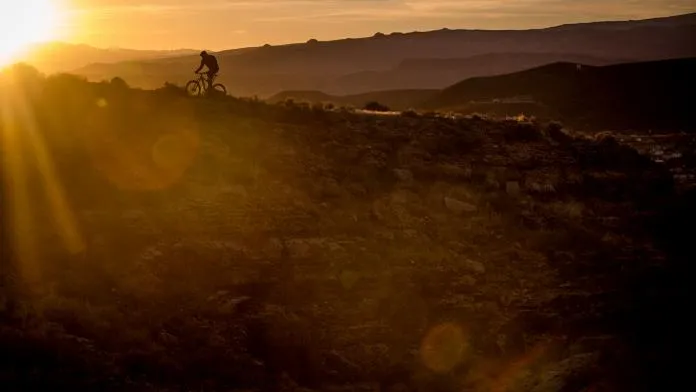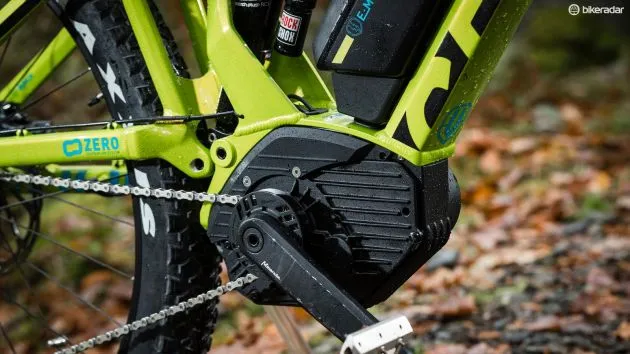Where electric mountain bikes are — and are not — allowed to ride is a hot topic in the US. Recently, the International Mountain Bike Association (IMBA) revised its standing on the subject, putting its support behind Class 1 e-bikes for trail access.
- The e-MTBs are coming – take your moral standpoint now
- Mountain biker, love thy e-neighbor
- The real problem with electric mountain bikes
Class 1, class 2, class what?
There are four classes of electric mountain bikes. The IMBA decision revolves around e-MTBs designated as Class 1, which means pedal-assist machines where the motor only works while the bike is being pedaled.
These e-bikes cut the assist at 32kph/20mph (25kph/15mph in Europe) with motor wattages 750 watts or less (250W or less in Europe).

The biggest difference with Class 2 e-bikes is that they have a throttle. The speeds and motor watt limits are the same as Class 1, as is the pedal assist.
Class 3 e-bikes go faster, up to 45kph/28mph with the rider pedaling. Class 3 e-bikes that also have a throttle allow users to reach speeds up 32kph/20mph without pedaling at all. Because of this, these types of electric bikes are often restricted to on-road use, or on private property.
Finally, Class 4 is defined as a moped or motorcycle. These machines allow speeds greater than 45kph/28mph through pedal assist or throttle alone and the motors exceed 750 watts.
Additionally, since 'bikes' in this class are considered motor vehicles, licensing and registration is required. Their usage is limited to roads and trails that allow motorized vehicles.
IMBA supports Class 1 e-MTBs on trails
Here is IMBA's statement:
IMBA is supportive of Class 1 eMTB access to non-motorized trails when the responsible land management agency, in consultation with local mountain bikers, deem such eMTB access is appropriate and will not cause any loss of access to non-motorized bikes. IMBA recognizes that changes in design, technology and the numbers of eMTB users is evolving, and believes these bikes can be managed in a sustainable way for both the environment and other trail users.
IMBA Executive Director, Dave Wiens, said:“First and foremost, we advocate for access for traditional, non-motorized mountain bikes. IMBA does not advocate for access for eMTBs. But, IMBA and mountain bikers need to be at the table for all conversations that discuss access for eMTBs to non-motorized trails that are open to bikes.”
Wiens continued: “Currently, the US Forest Service and Bureau of Land Management (BLM) are clear that they are managing all eMTBs as motor vehicles. But for countless state, county, municipal and other parks and open space trails, there is much uncertainty and confusion.
"Our position reflects the importance of having local land managers and local mountain bikers involved in decisions to allow eMTB access to non-motorized trails and underscores the importance of maintaining access for traditional, non-motorized bicycles.
"This topic is being driven by rapidly evolving technology and we recognize that everyone involved needs to be engaged, prepared for challenges and solution-oriented.”
Reasons for support
Increased rider usage and hopefully stewardship of trails are touted as some of the major benefits that IMBA hopes to see with this decision.
IMBA believes that local trail decisions should be made by local groups and land agencies that know what's appropriate for their trails and users.
So does this mean IMBA is an electric bike promoter now? It doesn't appear that way, with the statement continuing: IMBA will work to provide information and best-practice resources on this topic from its position as an organization that advocates for traditional, non-motorized mountain biking. IMBA currently offers resources for land managers, including recommendations on what should be considered before access decisions are made, and will continue conversations with all parties to protect the access the mountain biking community has worked hard to gain and keep.
More on IMBA's announcement, as well as its eMTB Access and Management resource, can be found on its site.
